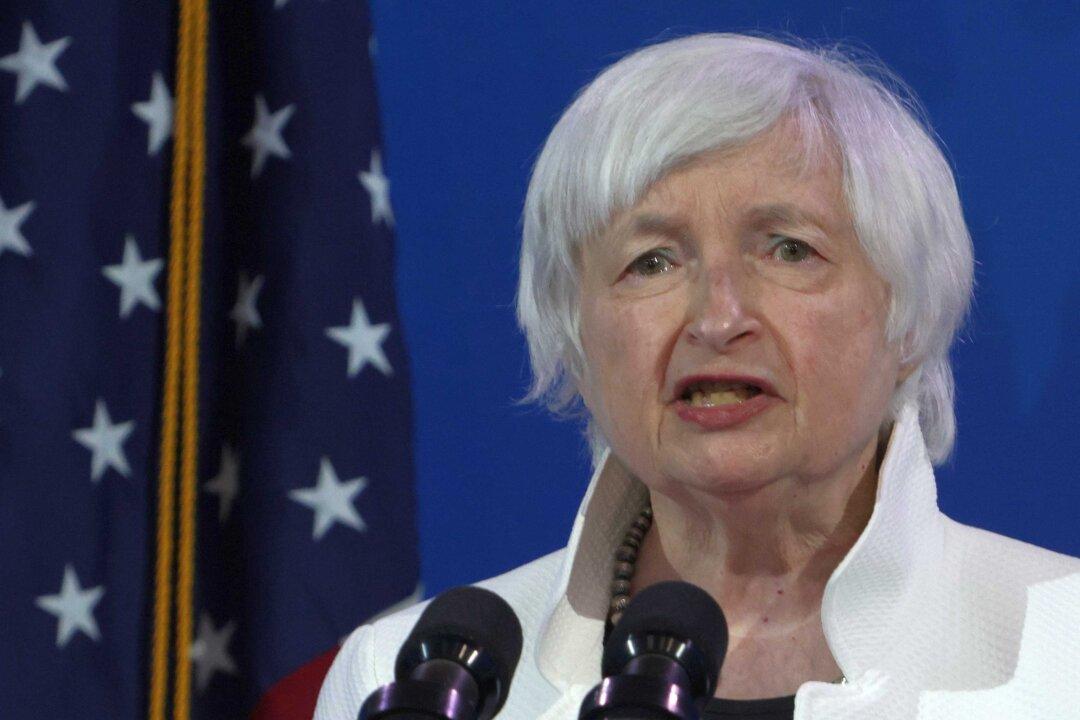Janet Yellen, President Joe Biden’s pick for Treasury secretary, said Tuesday that the Biden administration will use all available tools to fight “China’s abusive unfair and illegal practices” that undercut America’s economy.
Yellen, a former chair of Federal Reserve, made the remarks during her Tuesday confirmation hearing before the Senate Finance Committee, at which she called China “our most important strategic competitor.”





